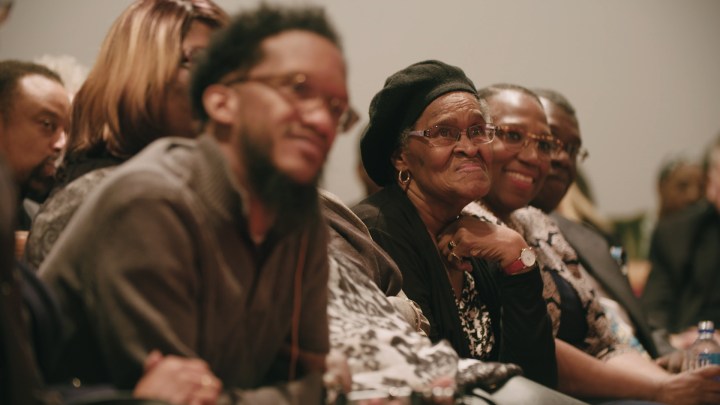
Fear and reparations in the American suburb

Between 1619 and 1865, enslaved people worked an estimated 222,505,049 hours in America.
Toward the end of the Civil War, it looked like Black Americans might be paid what they were owed. Gen. William Sherman issued Special Field Orders, No. 15, which outlined a plan to give away 400,000 acres of Confederate land for “the settlement of the negroes now made free by the acts of war.” That order, one of many attempts throughout history to redress the harm done by slavery and other government-sanctioned discrimination, was rescinded after Abraham Lincoln’s assassination.
The United States has issued reparations for other historic wrongs, including apologies and payments to Japanese Americans who were interned during World War II and Native American tribes whose lands were stolen. But advocates of reparations for Black Americans have so far failed to sway Congress to take action. Democrats, who’ve recently been more supportive of reparations for Black Americans, didn’t vote on a bill to study the idea of reparations last year.
Reparations for slavery also remain divisive. About three-quarters of Black Americans support them, while only 30% of all adults think repayment is due, according to a Pew Research Center poll from 2021.
There’s also debate over how much is owed to Black Americans, with reparations estimates ranging from trillions to quadrillions. Economist William Darity Jr. says his estimate of $11 trillion, or about $800,000 per Black household, would be enough to close the racial wealth gap. The national debt, just by way of comparison, is a little more than $31 trillion.
At a moment of great political polarization, divided public opinion and a huge potential payment owed, it could seem that reparations would be impossible, but on the local level, there has been some movement.
This month’s Econ Extra Credit film, “The Big Payback,” drops us in Evanston, Illinois, after the city passed the first tax-funded reparations law in the country. The film follows local officials’ efforts to distribute the first installment of a $10 million reparations fund as housing vouchers for 16 people. Worth a total of $400,000, the vouchers could be used to buy or make repairs on a home.
We see Evanston’s Black residents both support the local reparations and criticize the program for not going far enough. Their debate reflects one of the biggest challenges for reparations efforts: Money alone doesn’t heal all wounds.
“The Big Payback” is available to stream for free on PBS. We hope you’ll join us to learn about other reparations proposals up for consideration across the country, the potential legal challenges to funds like Evanston’s and how local reparations efforts compare with national ones.
There’s a lot happening in the world. Through it all, Marketplace is here for you.
You rely on Marketplace to break down the world’s events and tell you how it affects you in a fact-based, approachable way. We rely on your financial support to keep making that possible.
Your donation today powers the independent journalism that you rely on. For just $5/month, you can help sustain Marketplace so we can keep reporting on the things that matter to you.


















